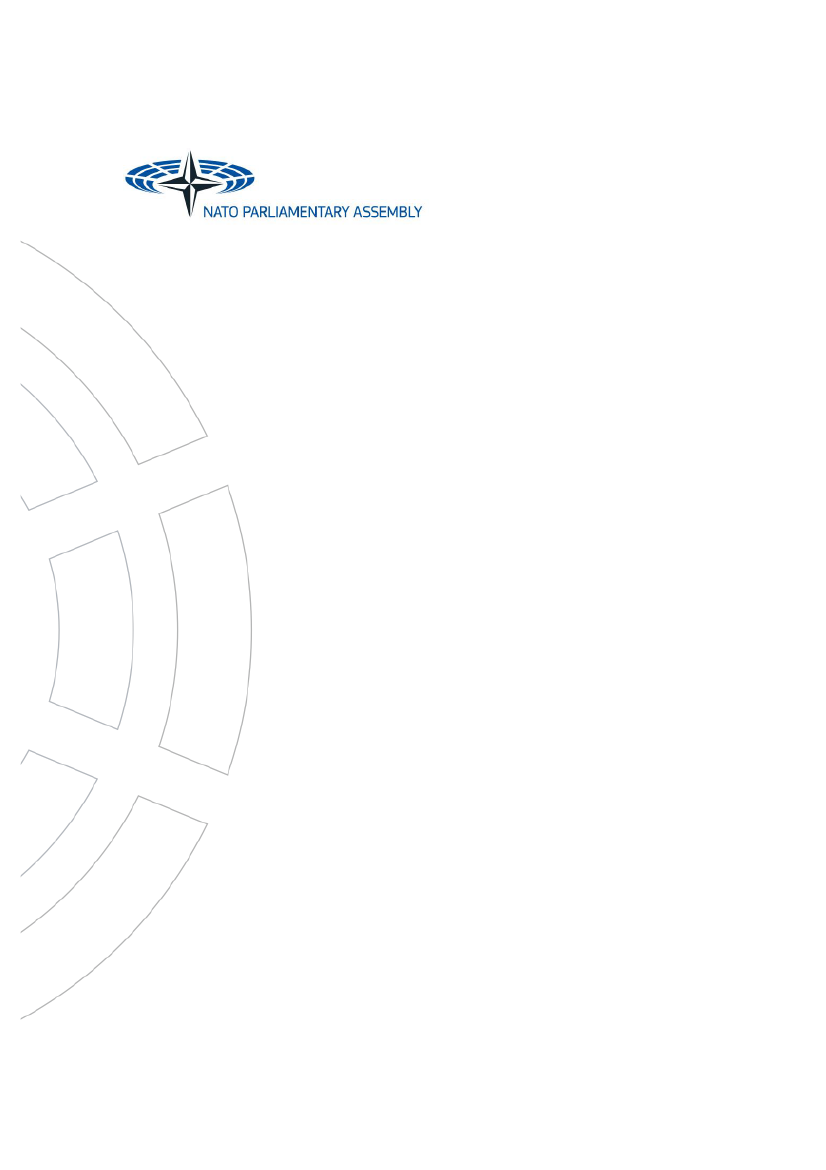
NATO FOREIGN MINISTERS’
EXTRAORDINARY ONLINE
MEETING
7 January 2022
Policy Brief
003 SPE 22 E | Original: English | January 2022
This Policy Brief is presented for information only and does not
represent the official view of the Assembly.